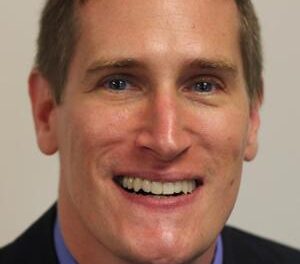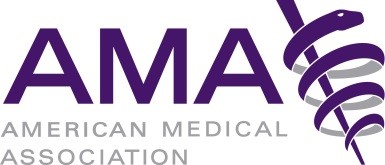March 30, 2022 – A new poll from the American College of Emergency Physicians (ACEP) and Morning Consult shows that physicians are the trusted medical professionals that a vast majority of adults prefer to lead their care. In fact, nearly three in four adults (72%) would be concerned about the quality of their care if a physician was unavailable during their medical emergency.
“In an emergency, patients want their care supervised by an emergency physician,” said Gillian Schmitz, MD, FACEP, president of ACEP. “While everyone involved with patient care is a qualified professional, emergency physicians have the most training and education, and they should be the ones leading every emergency care team in the country.”
Eight-in-ten adults (79%) prefer physicians leading their medical care in the emergency department, according to the ACEP/Morning Consult poll. That preference climbs to 91% among adults ages 65 or older.
These preferences are consistent with previous polling that shows while adults prefer emergency physicians, they are not always clear about the roles of the individuals on the care team or who is leading their care.
To help everyone understand the distinct and vital roles of each person on their care team, ACEP is launching a new campaign, “Who Takes Care of You in an Emergency?”, which includes a series of videos that outline unique aspects of the job and explain the significant difference in training and education required for physicians, compared to others on the team.
For example, a nurse practitioner is required to complete at least 5 years of training and 500 clinical hours to be licensed, while a physician assistant is required to complete 7 years of training and 1,600 clinical hours. In contrast, a physician will complete 11 or more years of training, a medical residency, and 12,000 clinical hours before they are licensed. Further, only physicians receive extensive hands-on experience with patients and must complete a series of exams to become board-certified in emergency medicine.
After learning about the differences in training and education that set physicians apart from other medical professionals, more than three in four adults (76%) said that they want a physician to lead their care in an emergency, according to the ACEP/Morning Consult poll.
These findings come as states consider policies to allow physician assistants or nurse practitioners to perform complex medical procedures without supervision.
“When it matters most, people want and deserve the most qualified health care professionals to make decisions about their care,” said Dr. Schmitz. “Policymakers across the country have an important opportunity to protect patients by preserving the role of the emergency physician as the emergency care team leader.”
The American College of Emergency Physicians (ACEP) is the national medical society representing emergency medicine. Through continuing education, research, public education, and advocacy, ACEP advances emergency care on behalf of its 40,000 emergency physician members, and the more than 150 million Americans they treat on an annual basis. For more information, visit www.acep.org and www.emergencyphysicians.org.



























